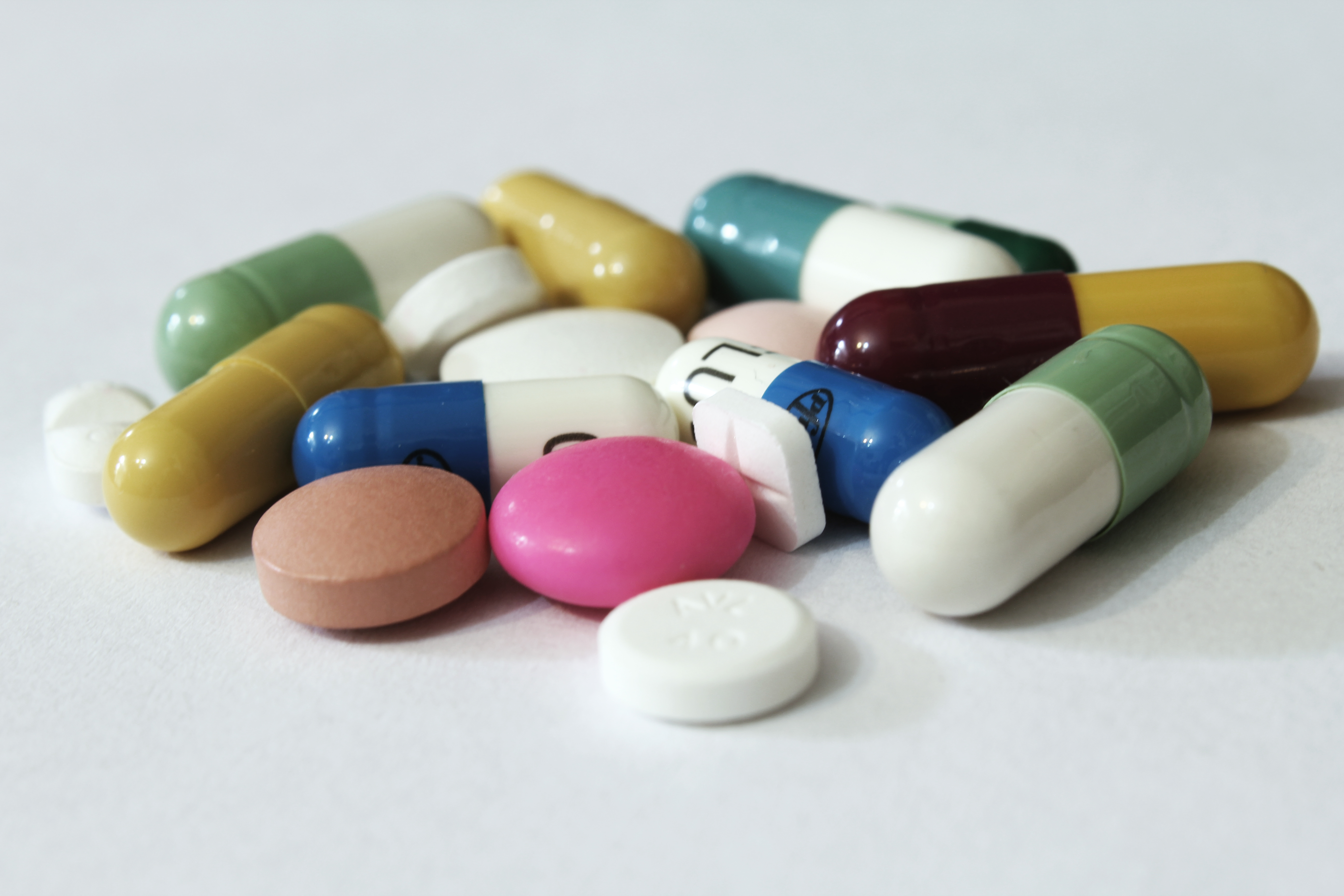Medicare Report: Improve tracking of serious hospitals errors
Hospital errors are critical problem in America. The prestigious Academy of Science Institute of Medicine concluded over 98,000 people die every year from hospital errors. That makes hospital errors the 4th leading cause of death in this country. According to a report recently released by the agency’s inspector general, Medicare inspectors need to do a better job of not only informing rating agencies of the errors, but also tracking reports of serious mistakes in care in the nation’s hospitals.
In the report, Inspector General Daniel Levinson states how hundreds of serious errors are going unnoticed, all because the inspectors that are finding the problems aren’t telling the national agencies that accredit hospitals.
Levinson also stated that no one tracks the effectiveness of policy changes or how the hospitals are actually correcting their mistakes.
Also, about 15,000 Medicare patients have died each month because of the treatments they receive in a hospital, which the inspector general discovered last year. This most recent report focuses on the “immediate jeopardy complaints,” or the worst errors. These include surgeries being performed on the wrong patients, sexual assault, surgical fires, patient suicides, and medical instruments being left inside a patient after surgery.
State survey and certification agencies are supposed to check complaints and report them to the Centers for Medicare and Medicaid Services (CMS). When this is done, it should lead to a review to determine whether or not the hospital has fixed the problem and if it will still be able to work with Medicare.
However, the report shows that out of 88 sampled immediate jeopardy complaints, CMS regional offices were notified of only 28.
This means hospitals aren’t being informed of what they should fix. In some cases, state agencies didn’t bother telling the hospitals of the nature of the mistakes, because they wanted to keep the complainant’s identity protected.
Levinson has recommended the following steps:
•CMS should evaluate compliance with quality-assurance measurements.
•State agencies should monitor hospitals' improvements.
•CMS should make it clear that state agencies tell hospitals what mistakes they've made.
•CMS should notify accreditors when hospitals make mistakes.
Medicare Administrator Don Berwick also agrees with Levinson’s recommendations, and said that several improvements have already been made.
At Snyder & Wenner we want to help this community be safe when hospital care is needed. We have become patient safety advocates through what we have seen representing patients who have been harmed from hospital error. If you know someone that has been harmed seriously from a hospital error please feel to contact us. Snyder & Wenner website can be accessed by clicking th Arizona Patient Safety Advocate Tab above.


